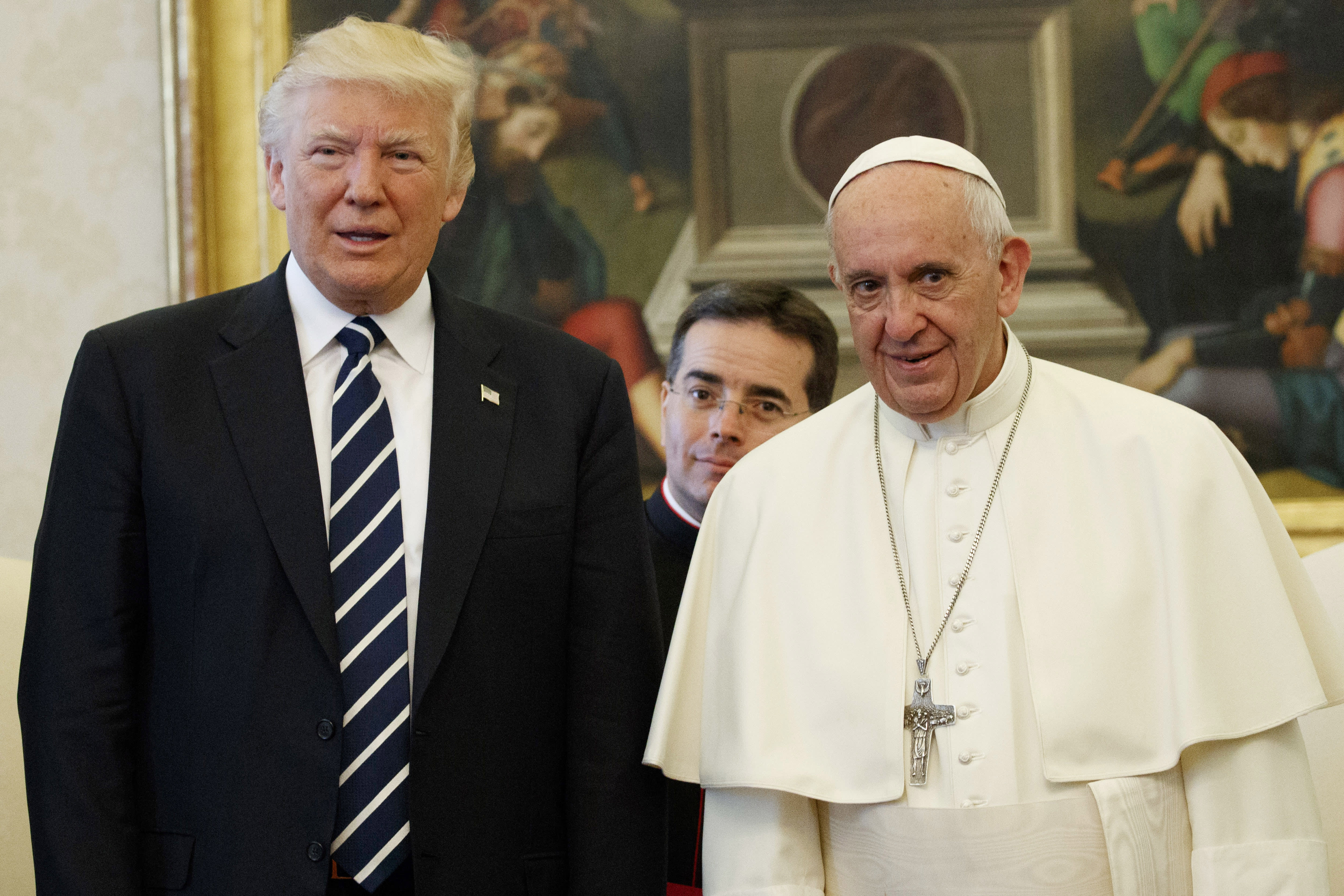The Papal Influence: Unveiling the Soft Power of the Pope in Global Politics
In the intricate web of global politics, where power dynamics and alliances constantly shift, an unexpected figure stands as a formidable force shaping the course of events – the Pope. As the spiritual leader of the Catholic Church, the Pope's influence extends far beyond matters of faith, reaching into the realm of geopolitics. While the Vatican City may be the smallest independent state globally, the Pope's soft power often eclipses that of many political leaders. This article explores how the Pope holds sway over political leaders and impacts international affairs.
Vatican City
The Moral Authority:
One of the primary sources of the Pope's influence lies in the moral authority he embodies. As the head of the Catholic Church, which boasts over a billion followers worldwide, the Pope's teachings carry significant weight. His moral pronouncements on issues such as social justice, human rights, and environmental stewardship resonate with both Catholics and non-Catholics alike.
Number of Catholic church by countries
Political leaders, regardless of their religious affiliation, recognize the importance of moral legitimacy in governance. The Pope's stance on key global issues can influence public opinion, applying indirect pressure on political leaders to align their policies with the ethical standards upheld by the Church. Pope Francis, for example, has been an outspoken advocate for climate action, urging political leaders to address environmental challenges. This moral high ground enhances the Pope's soft power, making him a global moral compass.
Diplomatic Role:
The Vatican, despite its small size, maintains diplomatic relations with numerous countries. The Pope, as the head of state for the Holy See, engages in diplomatic activities, often acting as a mediator in international conflicts. His involvement in diplomatic initiatives can alter the trajectory of negotiations and peace processes.
Historically, the Pope has played a pivotal role in facilitating dialogue between conflicting parties. Pope John Paul II's efforts in mediating between the United States and the Soviet Union during the Cold War exemplify the diplomatic reach of the papacy. The ability to bring leaders to the negotiating table and foster dialogue underscores the Pope's unique position in global affairs.
Gorbachev and St. John Paul were key players in ending the Cold War—and greatly appreciated each other
Soft Power in Action:
The Pope's visits to different countries serve as powerful displays of soft power. During these visits, he addresses not only religious gatherings but also meets with political leaders. The mere presence of the Pope can enhance a leader's domestic and international standing. The optics of a political figure engaging with the Pope often convey an image of moral authority and statesmanship.
Moreover, the Pope's ability to mobilize large crowds provides a platform for political leaders to showcase their alignment with values championed by the Church. By associating with the Pope, leaders can appeal to voters who prioritize religious and moral considerations in their political choices. This symbiotic relationship demonstrates how the Pope's soft power can be harnessed by political leaders for their own legitimacy.
The Papal Endorsement:
While the Catholic Church remains politically neutral, the Pope's endorsement or criticism of specific policies or leaders can have profound implications. Political figures seek the Pope's approval not only for legitimacy but also to gain support from Catholic constituents.
A papal endorsement can sway public opinion and influence electoral outcomes. Conversely, a papal critique can lead to increased scrutiny and challenges for political leaders. This dynamic was evident in the 2020 U.S. presidential election when Pope Francis implicitly criticized then-President Donald Trump's approach to immigration, highlighting the Pope's ability to impact political narratives.
Pope criticizes Trump's policy of separating immigrant children from parents at the Mexican border
Challenges and Controversies:
The Pope's influence is not without challenges and controversies. The Catholic Church's stance on social issues, such as contraception, abortion, and LGBTQ rights, has been a source of tension with political leaders advocating for more progressive policies. While the Pope's soft power is considerable, it is not universally accepted, and political leaders may resist or challenge the influence of the Church on certain issues.
Conclusion:
In the intricate dance of global politics, the Pope emerges as a silent but powerful player. His moral authority, diplomatic role, and the ability to mobilize masses contribute to the significant soft power he wields over political leaders. While the Vatican City may be the world's smallest state, the Pope's influence transcends its borders, shaping the discourse on critical global issues and influencing the actions of political leaders worldwide. The delicate balance between the spiritual and the political underscores the enduring impact of the papacy on the complex stage of international relations.

















![[LIVE] Engage2Earn: Shayne is helping koalas!](https://cdn.bulbapp.io/frontend/images/08e2e573-f490-4ef4-93b6-f2285814da59/1)



















